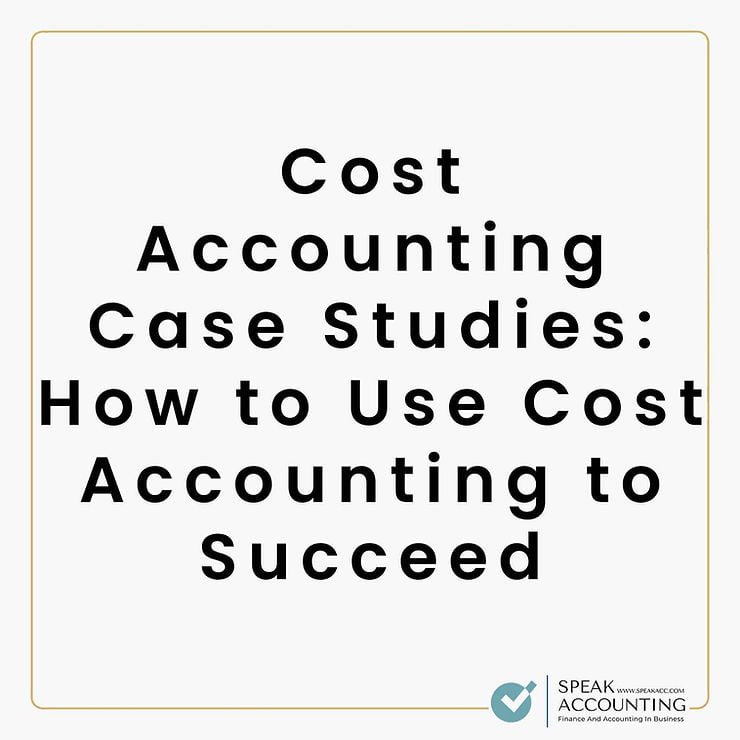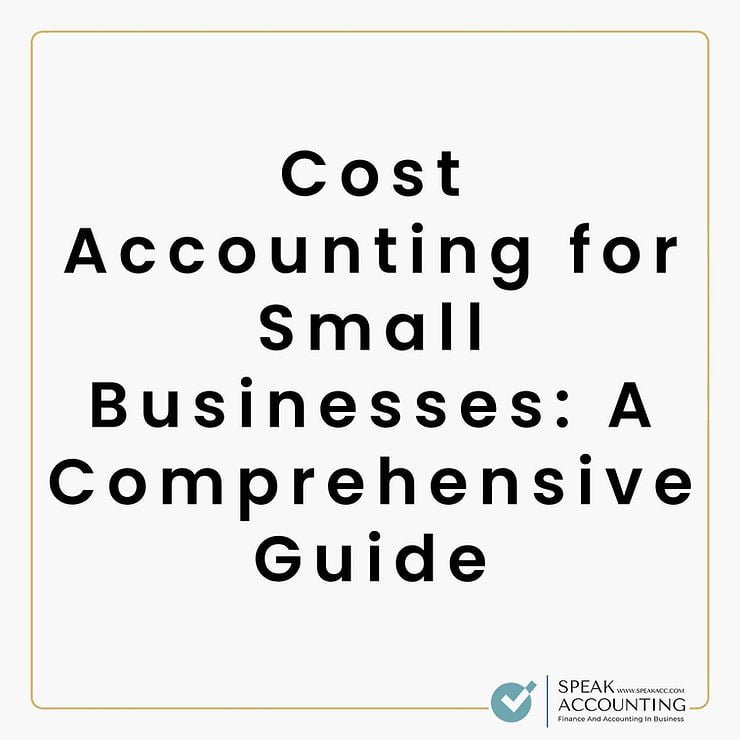What is Cost Accounting?
Cost accounting is a crucial aspect of financial management that goes beyond traditional accounting methods. It involves the systematic analysis, recording, and assessment of costs associated with a business’s operations.
By delving into the financial intricacies, cost accounting provides valuable insights into the true expenses incurred, helping businesses make informed decisions.
Definition of Cost Accounting
In simple terms, cost accounting is the meticulous process of tracking, recording, and analyzing costs related to production, distribution, and other business activities. It aims to uncover the true cost of goods and services, offering a comprehensive view of financial health beyond what conventional accounting practices provide.
Different types of cost accounting, including job costing, process costing, and activity-based costing, allow businesses to tailor their approach based on specific needs.
Objectives of Cost Accounting
The primary objectives of cost accounting revolve around aiding businesses in effective cost management. It strives to accurately determine product costs, control expenses, and enhance overall operational efficiency.
Additionally, cost accounting serves as a foundation for strategic decision-making by providing detailed insights into cost structures. Beyond this, cost accounting helps businesses comply with various regulations, such as those related to government contracts or environmental reporting.
Importance of Cost Accounting
Cost accounting is indispensable for businesses of all sizes and industries. It enables informed decision-making by providing a clear understanding of where funds are allocated.
By identifying cost centers and evaluating cost trends, businesses can adapt strategies to maximize profitability. In essence, cost accounting is the compass that guides financial strategies, fostering sustainable growth.
Cost Accounting Case Studies
Here you can find some cost accounting case studies:
Southwest Airlines
Southwest Airlines exemplifies the strategic use of cost accounting. By meticulously managing operating costs, they have become a leading player in the airline industry. From fuel efficiency to streamlined operations, Southwest’s success is a testament to the power of cost accounting in maintaining a competitive edge.
Toyota
Toyota’s global success is intricately tied to its mastery of cost accounting. The renowned Toyota Production System focuses on eliminating waste and optimizing efficiency. Through continuous improvement and cost-conscious practices, Toyota exemplifies how cost accounting can be a cornerstone for achieving operational excellence.
Amazon
Amazon, a juggernaut in the e-commerce industry, leverages cost accounting to enhance its logistics and supply chain. By understanding costs at each stage, from warehousing to delivery, Amazon optimizes its operations, providing fast and cost-effective services to customers.
How to Use Cost Accounting to Succeed
Make Better Decisions
Cost accounting empowers businesses to make strategic decisions based on solid financial data. By understanding the cost implications of various choices, decision-makers can choose the most financially sound path, ensuring long-term success.
Improve Efficiency
Efficiency is at the core of cost accounting. By identifying and mitigating inefficiencies, businesses can streamline operations, reduce waste, and enhance productivity. This not only positively impacts the bottom line but also positions the business for sustainable growth.
Reduce Costs
One of the direct benefits of effective cost accounting is the ability to pinpoint unnecessary expenses. Whether it’s optimizing production processes or renegotiating supplier contracts, businesses can actively work towards reducing costs, contributing to improved profitability.
Gain a Competitive Advantage
In a competitive business landscape, gaining a competitive advantage is essential. Cost accounting provides the tools to understand and manage costs better than competitors, fostering a strategic edge in pricing, quality, and overall value proposition.
Develop and Implement Pricing Strategies
Cost accounting plays a pivotal role in developing and implementing pricing strategies. By understanding the true cost of products and services, businesses can set competitive yet profitable prices, ensuring a balance between customer value and financial success.
Conclusion
Summary of Key Points
Cost accounting is a dynamic tool that goes beyond traditional financial practices. Its definition encompasses a systematic approach to understanding, recording, and analyzing costs, with the primary objectives of effective cost management and informed decision-making.
Recommendations for Businesses
For businesses aiming for sustainable growth, embracing cost accounting is paramount. By learning from case studies such as Southwest Airlines, Toyota, and Amazon, companies can glean insights into successful cost management.
The proactive use of cost accounting not only improves efficiency and reduces costs but also positions businesses to gain a competitive advantage in their respective industries. In conclusion, integrating cost accounting into the fabric of financial management is a strategic move toward long-term success.
Take the next step in optimizing your financial strategies by delving deeper into the world of cost accounting or reach out for a consultation to explore tailored solutions for your business.




